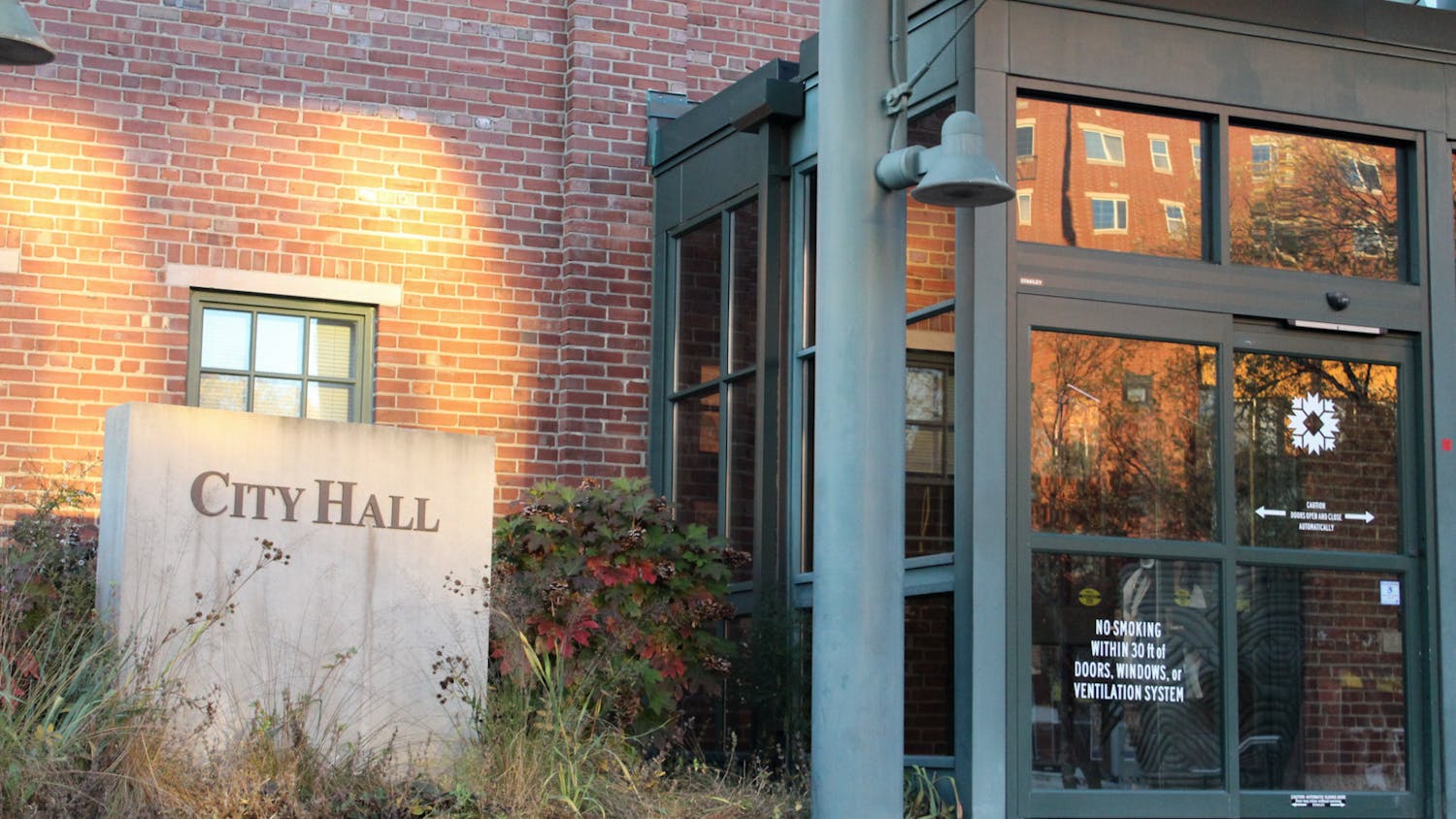The Indiana General Assembly is two and a half weeks into this year's legislative session. With hundreds of bills still on the table, here's a look at some bills that passed and failed this week.
Sunday Alcohol Sales
Two bills that would allow Indiana residents to buy carryout alcohol on Sundays are making their way through the legislature.
House Bill 1051 was approved by the House Committee on Public Policy on Wednesday. The bill would allow liquor stores, grocery stores, convenience stores, drug stores and restaurants to sell carryout alcohol on Sundays. The bill will now head to the full House for two more readings and a vote.
If passed, Senate Bill 1 would also allow stores to sell alcohol from noon to 8 p.m. on Sundays. The bill passed through the Senate Committee on Public Policy last week and was read for the second time Thursday.
Senate Bill 1 will have its third reading and final vote in the Senate on Monday.
The bills proposed in both chambers are making their way through the legislature separately but, if passed, would have a similar effect.
Both bills still have many steps to go through before being put into law. Neither will pass through the House or Senate until a third reading, and after that, both must pass through the opposite chamber.
Eyeball tattoos
A bill that would ban a practice called eyeball tattooing passed through the Senate on Tuesday. Senate Bill 158, authored by Sen. John Ruckelshaus, R-Indianapolis, now heads to the House.
Eyeball tattooing, known as scleral tattooing in the bill, is the act of permanently tattooing the whites of one’s eyes. The process of tattooing includes injecting pigment into the whites of the eye with a needle. Potential side effects of eyeball tattooing can be light sensitivity, pain or blindness.
If it passes in the House, the bill would allow Indiana's attorney general to investigate complaints regarding the issue, seek a penalty of up to $10,000 if the law was violated and seek an injunction if a person continues to violate it.
Cold Beer
The Senate public policy committee voted 9-1 Wednesday against a bill that would allow convenience, grocery or drug stores to sell cold beer.
The Senate committee spent three hours hearing testimonies for and against Senate Bill 26.
The bill's supporters, which included gas stations and convenience stores, argued allowing stores to sell cold beer doesn’t change anything other than the temperature.
Kelly McClure, president and CEO of McClure Oil Corporation, said selling alcohol at a different temperature doesn't change the product.
“As a lifelong Hoosier, I feel I can be trusted to purchase wine and beer when I want and at what temperature I want,” McClure added.
Those against the bill, however, argued selling cold beer could result in more cases of alcohol abuse or drunk driving.
Police Captain Kevin Summers of Kokomo spoke out against the bill, saying the number of alcohol outlets in an area greatly affects the number of violent crimes in that area.
“I’ve seen firsthand the dangers of and heartbreaking reality of alcohol abuse,” Summers said.
Summers added that expanding the number of alcohol outlets for immediate consumption could create an unworkable situation for law enforcement to effectively police.
Dead voters
A bill that would allow certain dead peoples' votes to count passed through the Senate Tuesday.
If a voter casts an absentee ballot and subsequently dies before Election Day, their vote should still count, according to Senate Bill 155.
The bill has passed through the Senate with a vote of 45-2. It now must make its way through the House before it can be put into law.
Baby boxes
The Senate passed a bill Tuesday allowing fire departments to use newborn safety devices, or baby boxes, that allow people to anonymously drop off newborns.
The bill would also give fire departments civil immunity for operating one of the devices if it meets certain requirements. The general assembly passed a law last year that gave hospitals civil immunity if they wanted to use the boxes. This law would extend that to fire departments.
The bill now moves to the House for consideration.




